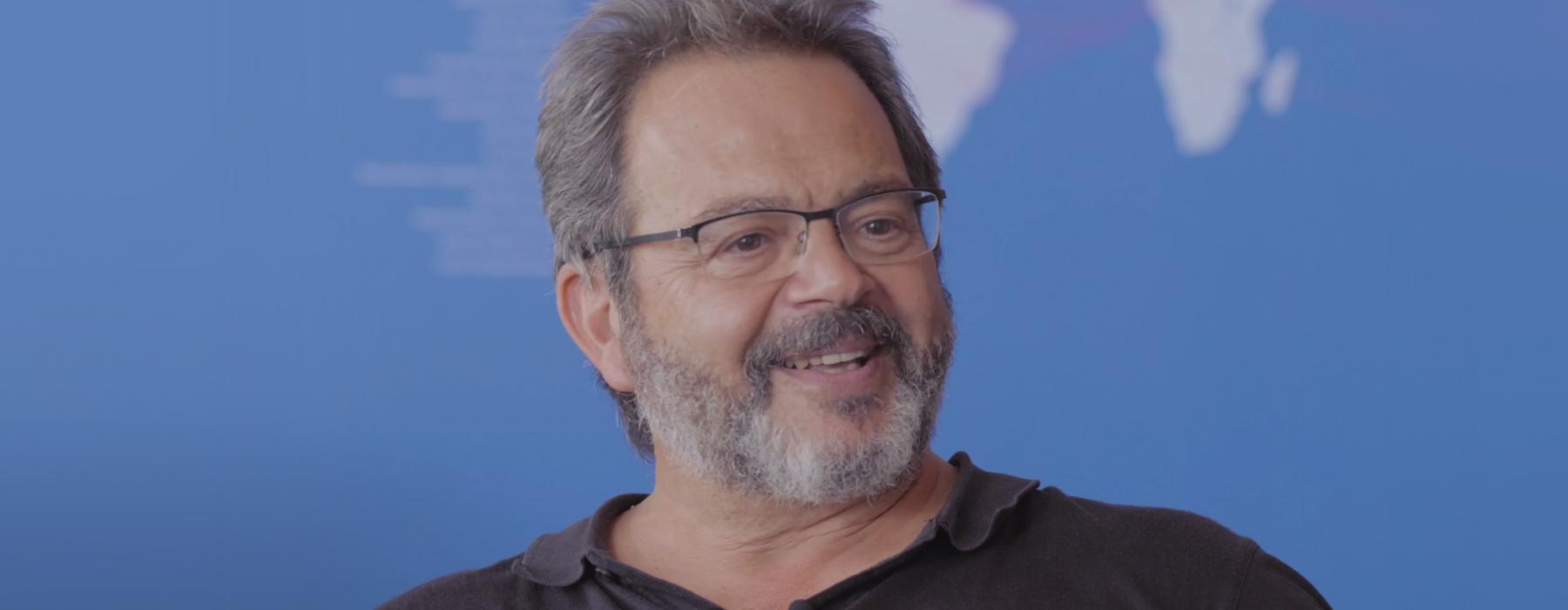
WM: We were in a discussion recently, where what was being critiqued was this notion of ‘the other’. And you speak of anthropology being the only/first discipline to have a real investment and interest in the other. But in the discussion we were having earlier, people were critiquing whether or not it was even possible to have an other outside of a hierarchical structure. That the other in the colonial project is always a hierarchical other: the West, the scientific, the museum looking at the ‘primitive’ other. Now what you are suggesting is that you have a little more hope for our relationship with the other. Can you speak a bit more about this?
GH: There are two things. One, there is, especially in multicultural societies, a notion of the facile other. The idea that by eating Thai food, you have crossed into the other. And now, ok, I am happy with that. But I want to say that anthropology was the first one to think that there are forms of otherness that are not so easy to access. That by accessing them, you become uncomfortable in your own thoughts. To me, that’s important in a general society which makes it so facile to think that “I have done otherness.” [It is important to have] this tradition [of anthropology] which says, “well let me tell you, it’s a lot of hard work and lots of pain, and it is not so easy at all to actually enter the world of the other.” So I want to retain that difference. But the other difference which you are speaking about, is the difference between the other as an object of knowledge from which you have the power to know. And to what extent is that power to know the object, which has its source in colonial power, is disrupted or can be disrupted?
I think that’s important to challenge as well. And I think one of the issues I have been talking about is precisely that idea. I don’t think many serious anthropologists today would think that anybody in the world needs them to know the Amazonian tribe, the indigenous tribe, the Papua New Guineas. It is the [old] idea that the anthropologist is the person who goes and lives among that tribe so we can know about the tribe. I think a lot of anthropologists go today and try to know the tribe really well, but they do it in a process where they think that, “knowing this tribe allows me a more radical way of knowing myself.” I don’t think many anthropologists would be involved in the process of going to Papua new Guinea trying to say “let me do a sociology of you guys, and I will tell you what your kinship is.” I think, today, first of all there are a lot of sociologists, etc., even within the western tradition embedded in their own people and culture who are capable of doing this. So there is no need for anybody else to bother and spend all this time to adapt. I am sure you will find some anthropologists who still stick to this, but I am comfortable saying “no serious anthropologist would think like this.”
WM: I want to pull out two things of what you just said, which are nice. I want to take from you, one, that perhaps the museum should be that space where, when people come in, it disrupts them. It is a disruption of their taken-for-grantedness that “this is how the world is and this is what it means,” and that this disruption pushes them to think of the other as another way of being in the world. And then the second thing that you proposed is the idea that to be able to do that, or to do that, is an attempt - or at least is an opening - of an understanding of yourself. It is not just the others over there, but it is about that relationship between self and other in an uneasy way. It would be nice… I’m hoping that our museums will be places where people can come to do that.
GH: Well, I think any critical anthropology’s starting point is the idea that – and I will define it in the very main form – that we can be other than what we are. We can be other than what we are. And that idea is an idea that there is nothing natural about how we think ourselves at this moment, and that there are various ways in which we can be that are hidden from us. And so you can see the museum as somewhere you visit to know, but you can also see it as a place where you go to un-know [what you know]. And I think that process of unknowing yourself, which is a difficult process, is one of the most radical decolonial promises of the museum. If I look at objects and they make me think, not about “oh what an interesting tribe in the jungle”, but they make me thing “ah gosh, me, I’m so complex, there are so many parts of me that I don’t understand. What I think I know is simple. How can I settle for what I know about myself? I want to unsettle myself.” So this, as you said: unsettling, unknowing. Yes.